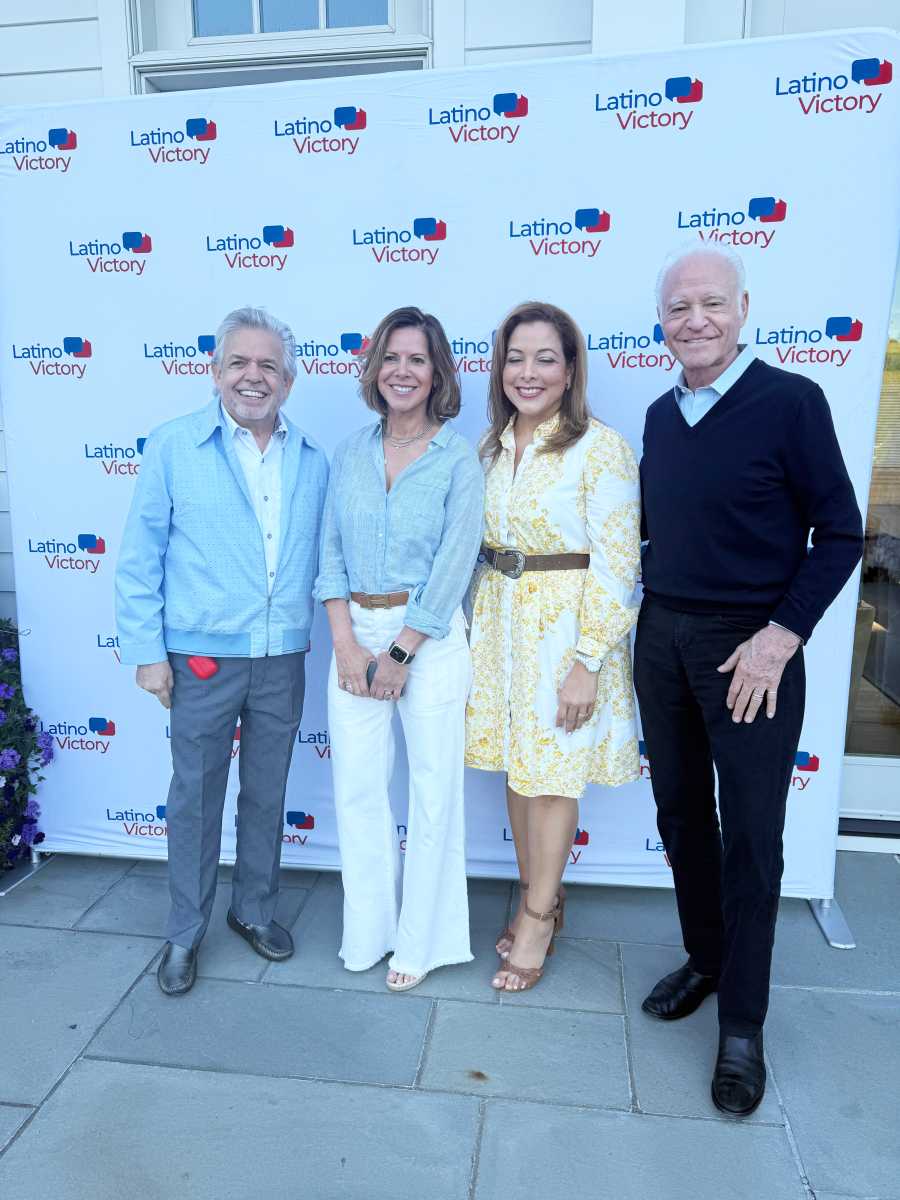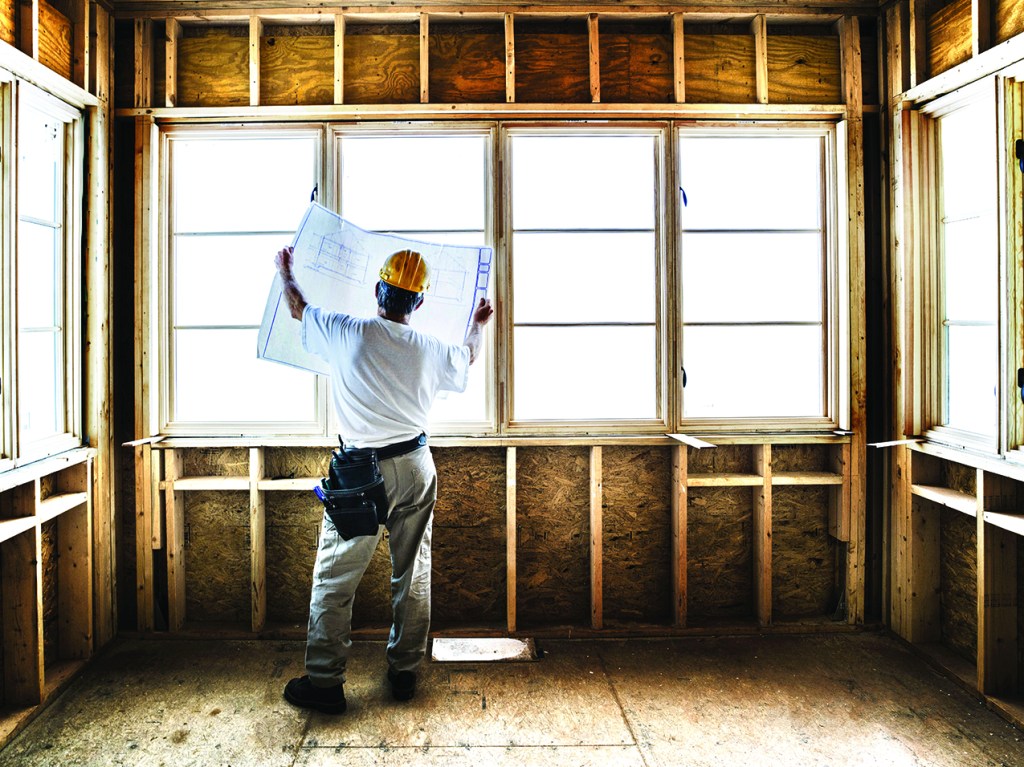The Importance of the Game of Softball

In recognition of Dan’s presenting sponsorship of the 2025 East Hampton Artists & Writers Charity Softball Game on Saturday, August 16, we are giving participating artists and writers free rein to write whatever they want in this space each month.
The Importance of the Game of Softball
I’ve wanted to be a part of the annual Artists and Writers Softball Game in the Hamptons since I first read about it in Jay McInerney’s Brightness Falls. It wasn’t quite as important to me as joining the Teamsters and AFL-CIO Scrabble Tournament up in Hudson, but way more important than the Plumbers and Electricians Lawn Darts Challenge in Key West. After years of prodding around Manhattan literary circles, I was fortunate enough to be referred in by two artist friends and now considered it a tentpole event of my summer. Because I had years to build it up in my head, the actual event was somehow everything I wanted it to be and nothing like what I expected.
When you read the histories of this historic game, there’s anecdotes of George Plimpton and Philip Roth, Jackson Pollock and Joni Mitchell. It’s exciting, reading about your literary and artistic heroes competing in sports you yourself are actually terrible at — because you assume that, as writers and artists, they’re probably not good either when relatively compared to normal people. If we’re being honest, if artists and writers were all good at sports from a young age, few of us would likely even be artists or writers. Nonetheless, between the stories in back issues of the Observer or the New York Post, and the version McInerney’s Russell Calloway plays in as a book editor, it felt like an event packed with equal parts athletic glory and societée mystique. I was thrilled.
When my artist friends (and ardent opposition for this day only) and I arrived at the game, it was clear things had changed over the years. The teams are larger to include broader definitions of writers and artists. While the legends we grew up reading — Ken Auletta, Mike Lupica, even third base coach Carl Bernstein — preside over the writers’ side, the dugout of reporters and features writers is bolstered by a murders row of content moderators, senior updates editors, and one local rabbi with a blog who would turn out to be the team’s ringer.
Being a working writer today can be demoralizing. For every one feature or profile we write, it feels like there are six articles due that rank the season’s best lawn chairs so we can appease an algorithm or get lawn chair manufacturers to share the article on their channel so that the community of #lawnchairs will endorse our more interesting work. Not to mention, nearly everyone’s working behind a laptop, if they’re even in a central office or newsroom at all. I’m sure writers of previous generations had their own gripes, but it can feel like humanity is stripped from the work.
Seeing your peers spread around the diamond restores some of that faith in humanity. So often, artists and writers are thought of by people in other professions as calm, zen-like folks who couldn’t be happier because we’re doing for a living what those people think of as a hobby. In reality, artists and writers spend 99% of their time wanting to shake something, and the other 1% making sure that the something isn’t someone important like their editor, publisher, gallerist, collector, or reader. For us, the annual game is a way to open that valve and let the furor out by smashing the ball as hard as possible and sliding into second so that you almost tackle painter John Longmire. Seeing Mike Lupica shout across the field and wave you in or actress Lori Singer sprint to first reminds that, in this digital age, our competitive streaks are what make us human.
Writing and creating art is often a solitary practice. It’s why games like this are important to enrich that creative practice — so that when we go back to our desks and studios, we bring with us the passion and friendships brought forth in a game like this one. It’s why I hope as the years continue on more poets and novelists and painters and comedians and ceramists continue to come out creating a new crop of younger players. Because these communities are what enrich the work we do off the field the way no success with an algorithm ever can. I couldn’t be more excited to be a part of this game. Here’s hoping that in another 77 years, we’re not all watching two AI modules play this game on an iPhone screen.









